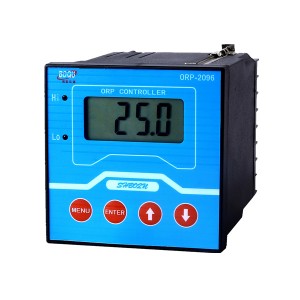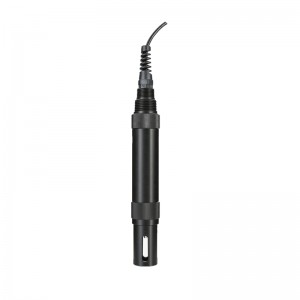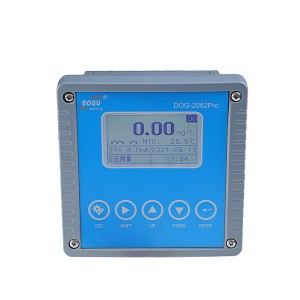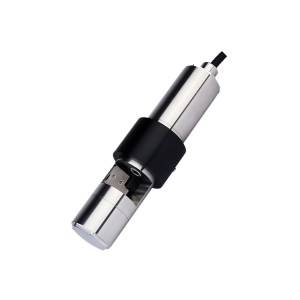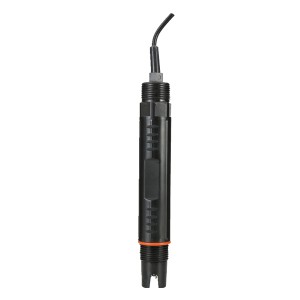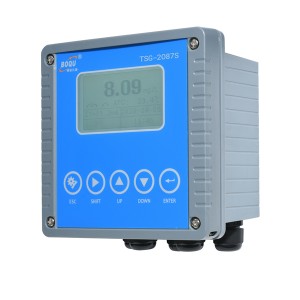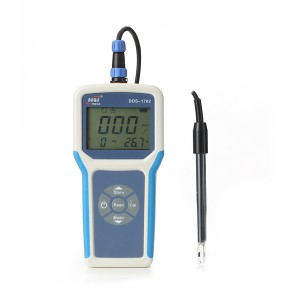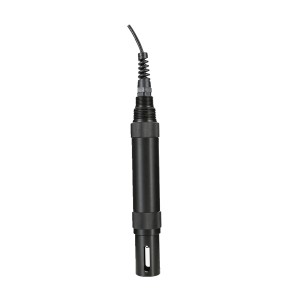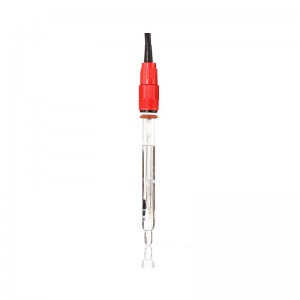Do you know the importance of a residual chlorine analyzer for medical wastewater? Medical wastewater is often contaminated with chemicals, pathogens, and microorganisms that are harmful to humans and the environment.
As a result, the treatment of medical wastewater is crucial to minimize the impact on the environment and prevent the spread of disease.
One important aspect of medical wastewater treatment is the measurement of residual chlorine, which is used as a disinfectant to kill bacteria and viruses. A residual chlorine analyzer is a device that measures the concentration of residual chlorine in the water.
In this blog post, we will discuss the importance of residual chlorine analyzers for medical wastewater treatment and review the better residual chlorine analyzer available in the market.
Detection Of Residual Chlorine Content Is Very Important For Medical Wastewater:
Residual chlorine content is an essential parameter in medical wastewater treatment that requires careful monitoring to prevent harm to the environment and public health. In this article, we discuss the importance and necessity of detecting residual chlorine content in medical wastewater.
Prevention of Harmful Microorganisms:
Residual chlorine is used as a disinfectant in medical wastewater treatment to kill harmful microorganisms. Accurate detection of residual chlorine content is essential to adjust the dosage of chlorine and maintain an optimal concentration in the treated water to prevent the spread of harmful microorganisms.
Protection of Public Health:
Medical wastewater can contain harmful microorganisms that can cause diseases. Detection of residual chlorine content ensures that the treated water is safe for discharge, protecting public health and preventing the spread of harmful microorganisms.
Effective Disinfection Process:
Residual chlorine content is an indicator of the effectiveness of the disinfection process. The detection of residual chlorine content allows plant operators to monitor the disinfection process accurately and take corrective measures to improve it, such as increasing the dosage of chlorine or extending contact time, to ensure the treated water is safe for discharge.
Methods of Residual Chlorine Detection:
There are several methods of residual chlorine detection in medical wastewater. The most common methods are colorimetric and amperometric methods.
- The colorimetric method:
The colorimetric method involves the use of a colorimeter or spectrophotometer to measure the intensity of the color produced by the reaction between residual chlorine and a colorimetric reagent. The intensity of the color is proportional to the concentration of residual chlorine in the water.
- The amperometric method:
The amperometric method involves the use of an amperometric sensor to measure the concentration of residual chlorine in the water. The sensor measures the electric current generated by the reaction between residual chlorine and a reagent on the surface of the sensor.
Both methods have their advantages and disadvantages. The colorimetric method is simple and inexpensive, but it is less accurate and precise than the amperometric method. The amperometric method, on the other hand, is more accurate and precise, but it is more expensive and requires more maintenance.
Better Residual Chlorine Analyzer For Medical Wastewater:
There are several residual chlorine analyzers available in the market, but not all are suitable for medical wastewater treatment. The better residual chlorine analyzer for medical wastewater treatment should have the following features:
- Accurate Measurement: The analyzer should be able to measure the residual chlorine concentration accurately and reliably. A small measurement error can have a significant impact on the effectiveness of the disinfection process.
- Wide Range: The analyzer should have a wide range of measurements to accommodate different concentrations of residual chlorine in the treated water.
- Low Maintenance: The analyzer should be easy to maintain and operate. It should not require frequent calibration or replacement of parts.
- Robust Design: The analyzer should have a robust design that can withstand the harsh conditions of a medical wastewater treatment plant.
- Cost-Effective: The analyzer should be cost-effective in terms of initial purchase and maintenance.
Based on the above criteria, we recommend the residual chlorine analyzer from BOQU for you.
Better Residual Chlorine Analyzer From BOQU:
Choosing the right residual chlorine analyzer for medical wastewater treatment is essential to maintain an optimal concentration of residual chlorine and ensure the effectiveness of the disinfection process.
Next, we recommend the residual chlorine analyzer from BOQU as the better option for medical wastewater treatment.
Accurate Measurement:
The BOQU residual chlorine analyzer can measure the residual chlorine concentration accurately and reliably, with a small error in measurement. This feature ensures that the dosage of chlorine can be adjusted precisely, preventing the spread of harmful microorganisms.
Wide Range and Parameters:
The instrument is designed to accommodate different concentrations of residual chlorine in treated water, making it versatile for a wide range of medical wastewater treatment applications.
Additionally, the residual chlorine analyzer from BOQU measures parameters such as temperature, providing comprehensive data on water quality in medical wastewater treatment.
Easy to Install and Operate:
The residual chlorine analyzer from BOQU is designed to be easy to install and operate. Its compact size makes it easy to install in tight spaces, and its intelligent menu operation ensures that operators can operate the instrument without difficulty.
Furthermore, the instrument features an LCD screen that provides real-time data on residual chlorine content, making it easy to monitor and adjust chlorine dosage.
Automatic Calibration and Temperature Compensation:
The residual chlorine analyzer from BOQU is equipped with automatic calibration and temperature compensation features, ensuring accurate measurement of residual chlorine content even in harsh conditions.
The automatic calibration method simplifies the process of maintaining and calibrating the instrument, while the automatic temperature compensation ensures that the instrument maintains accurate measurements even at fluctuating temperatures.
Cost-Effective:
The residual chlorine analyzer from BOQU is cost-effective in terms of initial purchase and maintenance. Its low-maintenance design and long lifespan reduce the overall cost of ownership, making it an ideal choice for medical wastewater treatment plants that are looking to invest in a reliable and efficient residual chlorine analyzer.
Final words:
In conclusion, the BOQU residual chlorine analyzer is the better option for medical wastewater treatment. It has accurate measurement, a wide range, low maintenance, robust design, and cost-effectiveness.
The instrument is suitable for continuous monitoring and control of residual chlorine concentration in aqueous solutions in various industries, including medical wastewater treatment plants.
Post time: Apr-15-2023


